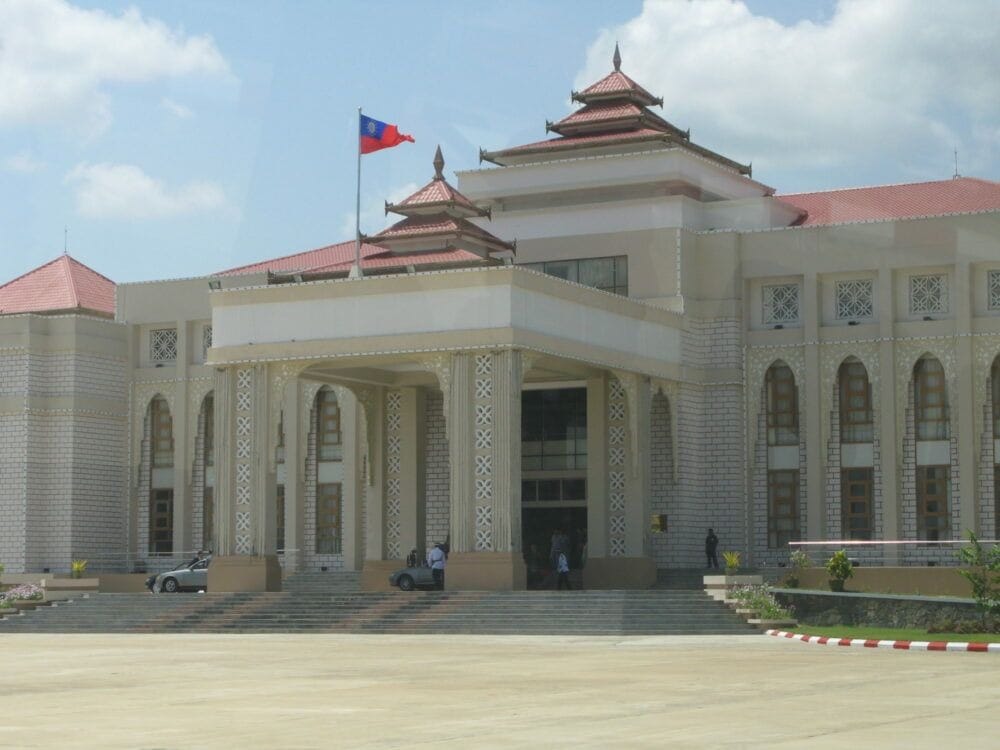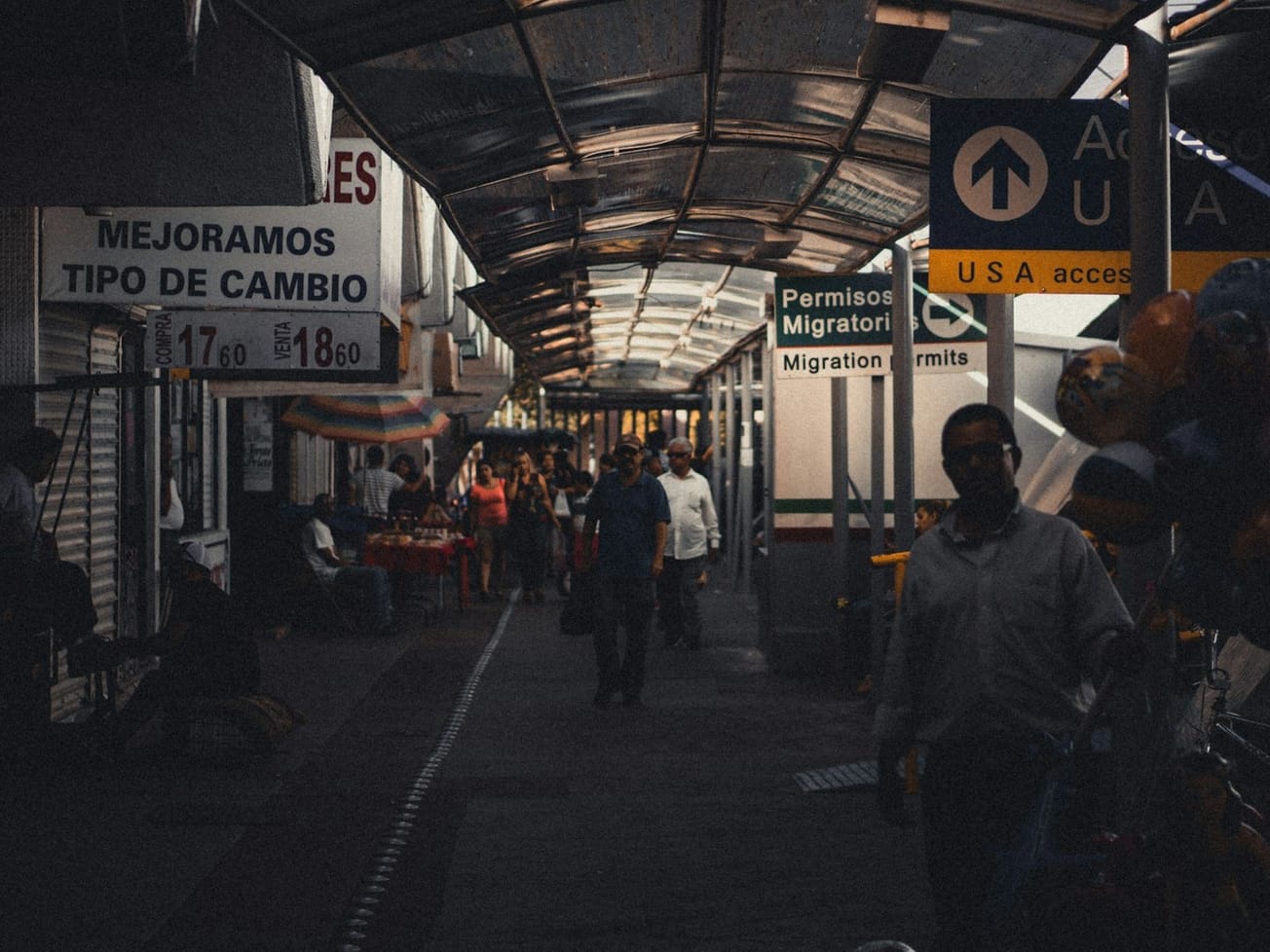GENEVA (AN) — Two United Nations agencies and Myanmar agreed to repatriate some of the 700,000 Rohingya Muslims who fled their former homeland, despite serious concerns about whether they can safely return to where they suffered a campaign of military-led killings and violence.
Under an agreement signed on Wednesday, the U.N. Development Program and the Office of the U.N. High Commissioner for Refugees, or UNHCR, would transport back to Myanmar's northern Rakhine state some of the Rohingya refugees crowded into makeshift, squalid camps in Bangladesh.








